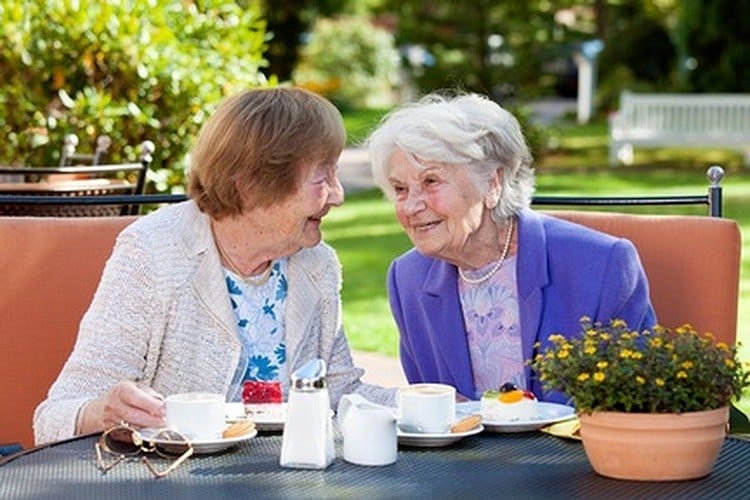Age UK loneliness programme helps older people feel ‘happier and less nervous’
Age UK is calling on the Government to put the issue of loneliness firmly on its agenda, following promising results of a pilot programme to combat loneliness.

The charity created its programme ‘Testing Promising Approaches to Reducing Loneliness’ following on from its recent findings that half a million people over the age of 60 go at least five or six days a week without seeing or speaking to anyone.
The statistics were published in Age UK’s report ‘No one should have no one: working to end loneliness amongst older people’ which also warned that loneliness increases the likelihood of developing health conditions including depression and dementia.
Caroline Abrahams, charity director of Age UK, said: “This new analysis shows that about a million older people in our country are profoundly alone, many of whom are likely to be enduring the pain and suffering of loneliness.
“That’s why the early results of our pilot programme into tackling loneliness in later life are so important: nine in 10 older people who were often lonely when they started the programme were less lonely six to 12 weeks later, with many also saying they felt generally happier, more confident and more independent as a result.”
‘Eyes on the ground’
The pilot programme enabled eight local Age UKs to explore new ways of tackling loneliness and isolation in older people.
Using a community-based approach, the programme involved recruiting ‘eyes on the ground’, such as hairdressers and shopkeepers with strong community connections, to identify older people who are lonely or at risk of becoming lonely.
A strong emphasis was placed on socialisation, with many pilot participants introduced to social groups, and others educated in IT skills to help them stay in touch with family and friends.
Participants of the trial gave positive feedback, with 88 per cent experiencing a significant reduction in loneliness.
Acknowledging loneliness is part of the process
One participant reported feeling “happier and less nervous now,” adding: “It’s not so much about being alone, it’s about being lonely, sometimes even when people are visiting.”
Age UK’s volunteering and community activities manager said: “Getting older people to engage and acknowledge their loneliness was challenging at times, but taking an individual approach to each customer really pays off.”
The charity is now asking MPs to make the case for investment in local community resources to support sustainable, long-term action to help lonely older people.
The general public is also being encouraged to play its part by becoming ‘eyes on the ground’ to identify loneliness in older people in the community, be it customers, patients, friends or relatives, and referring them to people who can help make a difference.
Ms Abrahams added: “Unfortunately, there is no simple solution for loneliness, but our pilot programme shows we really can make a difference and provides crucial insights into how the problem can be successfully overcome.”